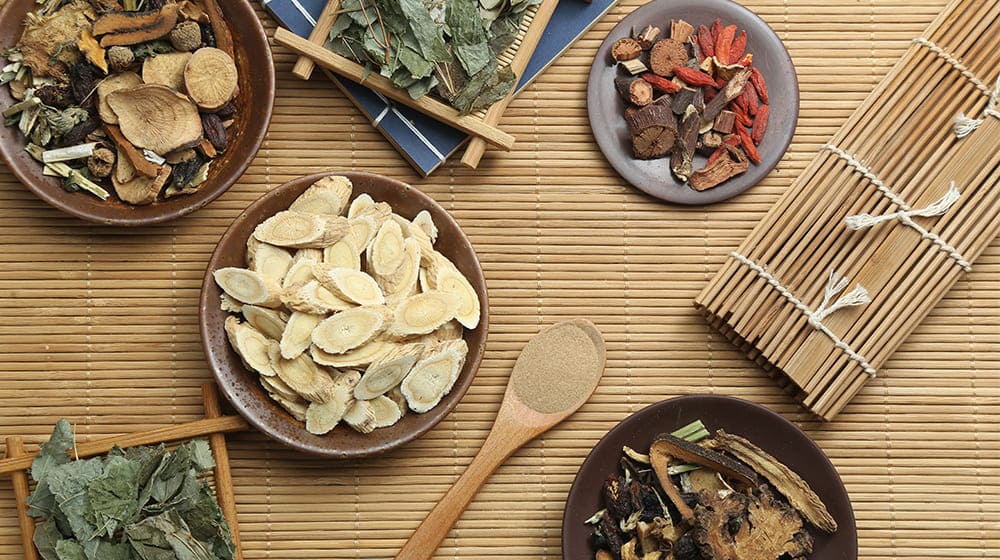Traditional medicine is a rich and diverse field with a long history. It is practiced in many cultures around the world and is often used to treat a variety of health conditions. Traditional medicine can be a valuable resource for people who are seeking alternative or complementary forms of care.
However, it is important to approach traditional medicine with cultural sensitivity. This means respecting the traditions and beliefs of the people who practice it. It also means being aware of the potential risks and benefits of traditional medicine.
How to show cultural sensitivity when interacting with traditional medicine practitioners ?
There are a number of ways to show cultural sensitivity when interacting with traditional medicine practitioners. These include:
- Learning about the culture
Take the time to learn about the culture of the people who practice traditional medicine. This will help you to understand their beliefs and values.
- Being respectful
Be respectful of the traditional medicine practitioner and their practice. Avoid making assumptions or judgments.
- Asking questions
Ask questions about the traditional medicine practitioner’s training and experience. This will help you to assess their qualifications.
- Being open-minded
Be open-minded about traditional medicine. Don’t dismiss it out of hand.
- Being patient
Traditional medicine can take time to work. Be patient and give it a chance.
It is also important to be aware of the potential risks of traditional medicine. Some traditional medicines may interact with prescription medications or have other side effects. It is important to talk to your doctor before starting any new treatment, including traditional medicine.
By following these tips, you can help to ensure that your interactions with traditional medicine practitioners are respectful and culturally sensitive.
Additional tips for cultural sensitivity in traditional medicine
- Be mindful of your body language
Your body language can send messages that you may not intend. Be mindful of your body language and try to avoid appearing closed off or dismissive.
- Be respectful of the practitioner’s space
Traditional medicine practitioners may have specific rituals or practices that they follow. Be respectful of their space and avoid interrupting them.
- Be patient with language barriers
If you are not fluent in the language of the traditional medicine practitioner, be patient and try to use simple language.
- Be open to learning
Traditional medicine can be a rich and rewarding experience. Be open to learning about new cultures and traditions.
By following these tips, you can help to ensure that your interactions with traditional medicine practitioners are respectful and culturally sensitive.





